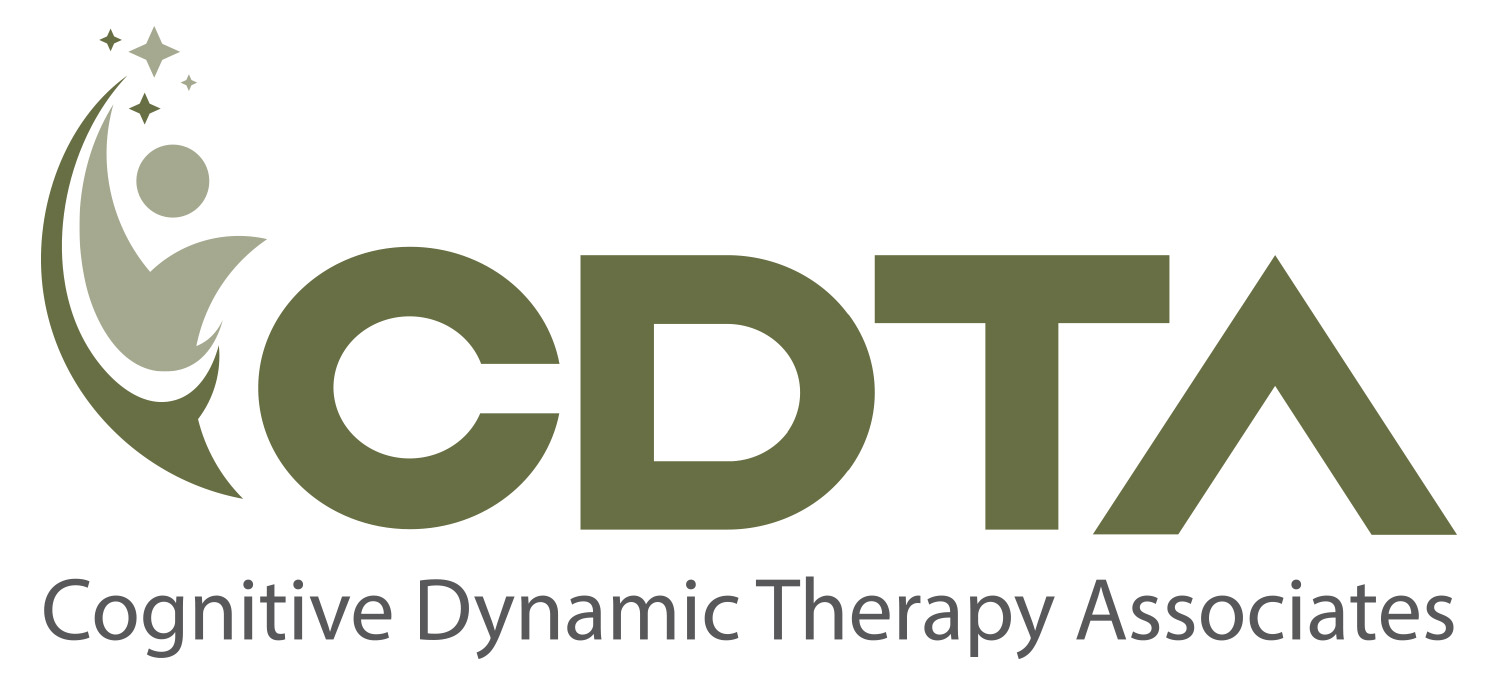Attention Deficit & Hyperactivity Disorders
- Lack of Organization
- Impaired Functioning at Home & in School
- Disturbed Peer Relationships
- Low Self Esteem
- Performance Anxiety
- Poor Academic Performance
What are the types of Disruptive Behavior Disorder?
Attention – Deficit/Hyperactivity Disorder (ADHD) is characterized by a persistent pattern of inattention and/or hyperactivity-impulsivity that causes behavior and academic difficulties in about 5% of school-aged children.
Oppositional Defiant Disorder (ODD) is characterized by a recurrent pattern of defiant and disobedient behavior toward authority figures that is more frequent and severe than typically observed in children of the same age.
Conduct Disorder (CD) is characterized by a pattern of behavior in which the basic rights of others and societal rules are violated. Conduct problems include such behavior as aggression toward people and animals, destruction of property, deceitfulness and theft, and serious violations of the rules.
What PROBLEMS are associated with ADHD and disruptive behavior disorders?
A substantial proportion of children with ADHD symptoms also display significant oppositional or conduct problems. These disorders cause significant impairment in home and/or school functioning.
Children with ADHD often experience difficulties organizing tasks and activities.
At school, children with ADHD may leave their seat at inappropriate times, blurt out answers, and lose materials necessary to complete their work.
At home, children with ADHD often experience problems completing homework and chores. They may display oppositional behavior with parental request to do work.
Children with ADHD and the disruptive behavior disorders often display a pattern of disturbed peer relationships, poor self-esteem, poor academic performance, low frustration tolerance, and temper outbursts.
How does this change the PARENT’S ROLE?
Children with disruptive behavior problems are difficult to parent. Strategies that work with other children do not work with these children. This can create much stress on marital and family relationships.
Parents need to have training and guidance in implementing strategies designed to increase children’s positive behavior and decrease oppositional/aggressive behavior.
Parents need to be an advocate for their child in the school setting. Parents can play a vital role coordinating with teachers on managing their child’s behavior in the classroom, facilitating organizational skills, and promoting positive peer relationships.
Parents need to be able to cope with their own anger when their child misbehaves and to be able to explore their own feelings about having a difficult-to-manage child.
What kinds of TREATMENT interventions are provided?
An EVALUATION of the child’s difficulties provides a diagnostic basis for therapeutic recommendations. Evaluations can be brief or can be extended over a number of sessions, depending on the complexity of the problems.
We offer an integrated approach to the TREATMENT of ADHD and Disruptive Behavioral Disorders: cognitive, behavioral, and family therapies are combined into a coherent treatment strategy. Specific interventions offered include parent training in behavior management, child-focused family therapy, individualized program development, sibling counseling, and social skills training for children.
CONSULTATIONS are also offered as a possible part of a child’s treatment. Consultations help important people in the child’s life to better understand the child’s difficulties and to make adjustments in their expectations and reactions in order to facilitate positive change. Teacher consultations to facilitate school adjustment are the most common.
Please use our secure contact form below to contact Cognitive Dynamic Therapy Associates. To protect your confidentiality, all information is sent using an encrypted, secure, third party service.
